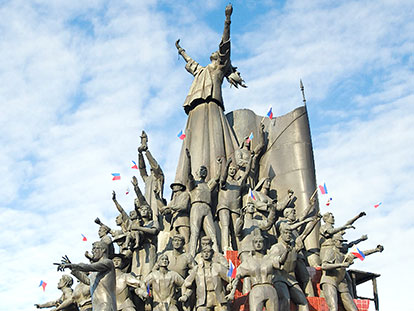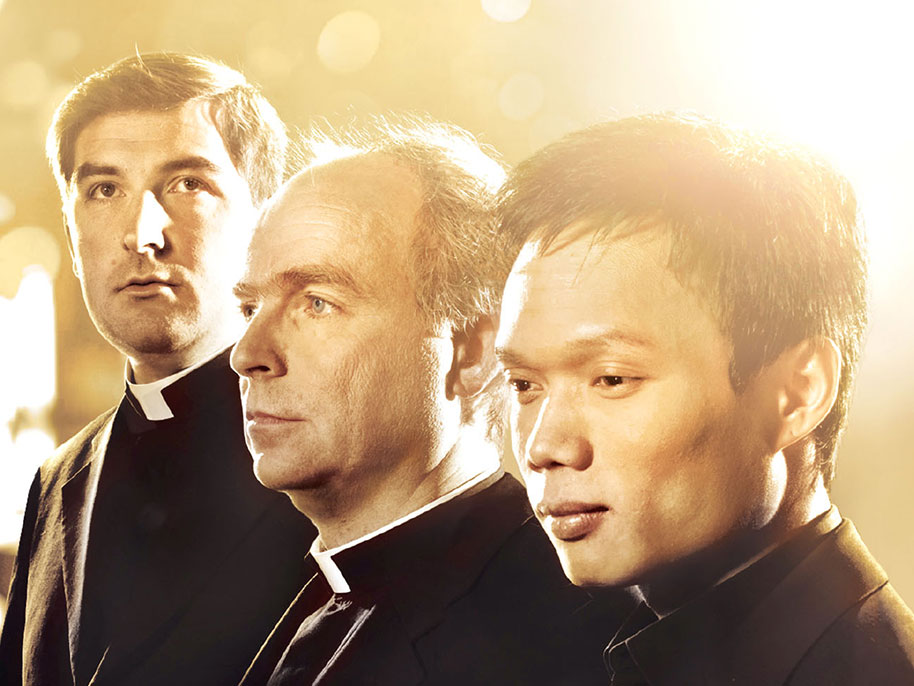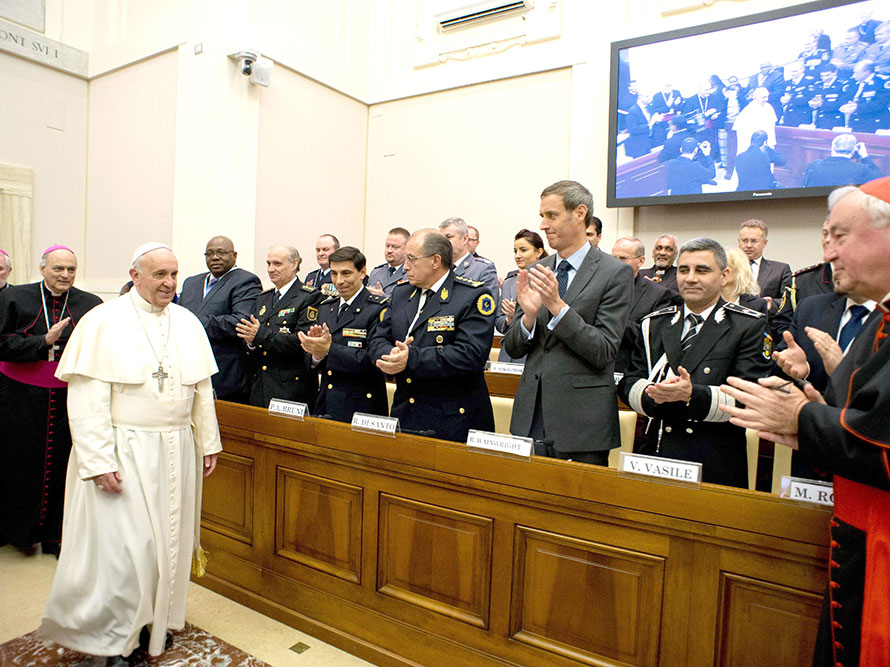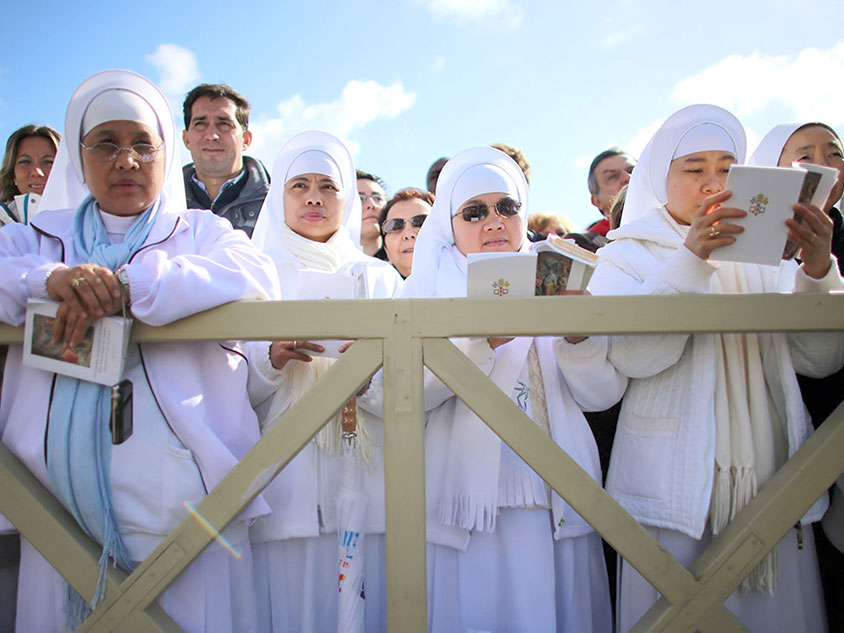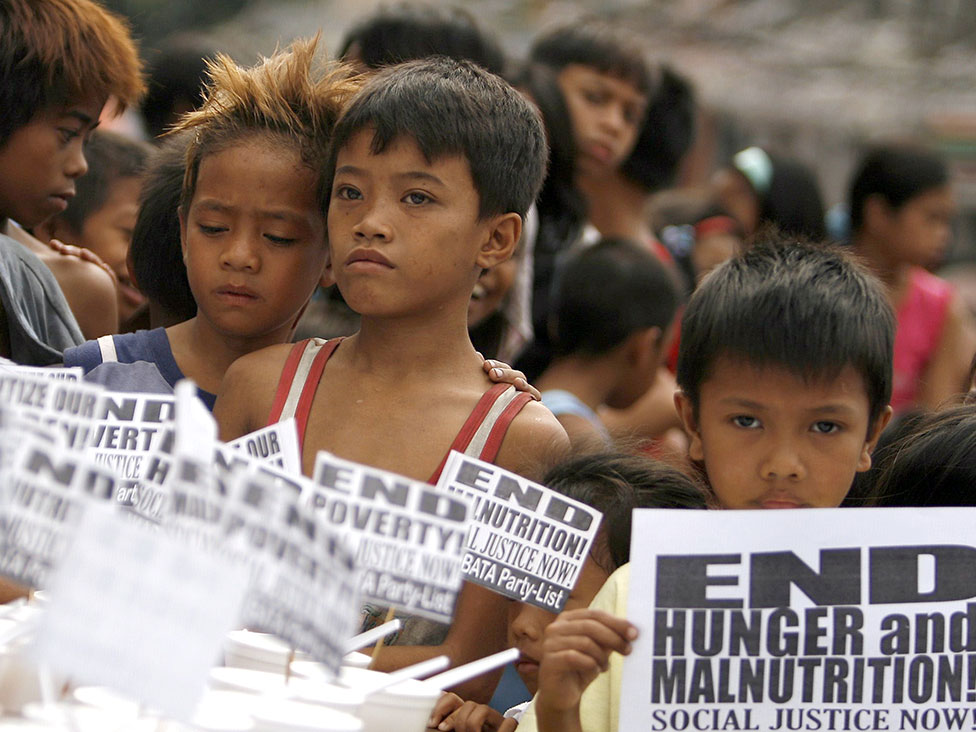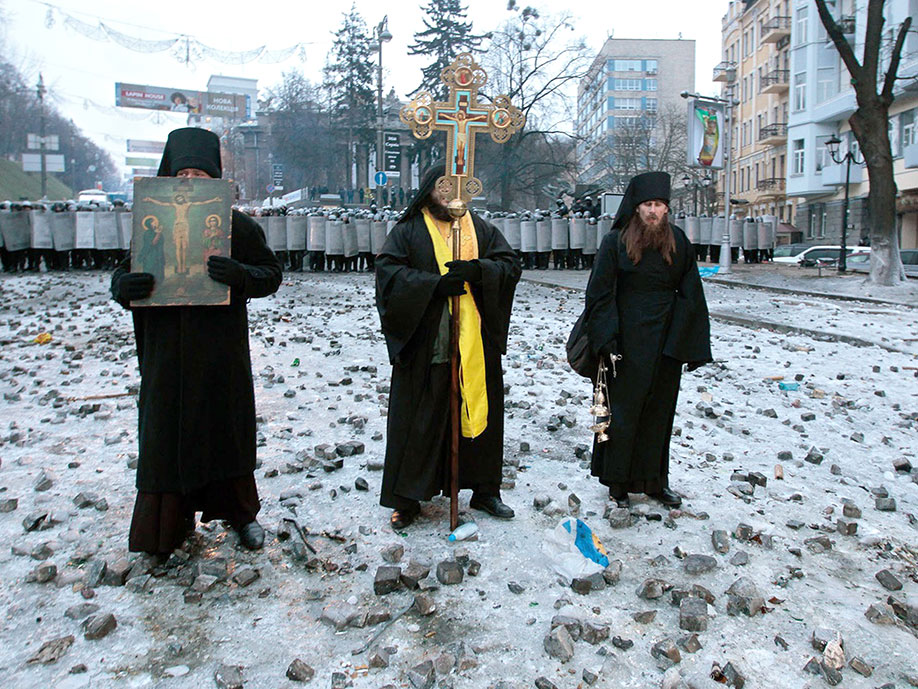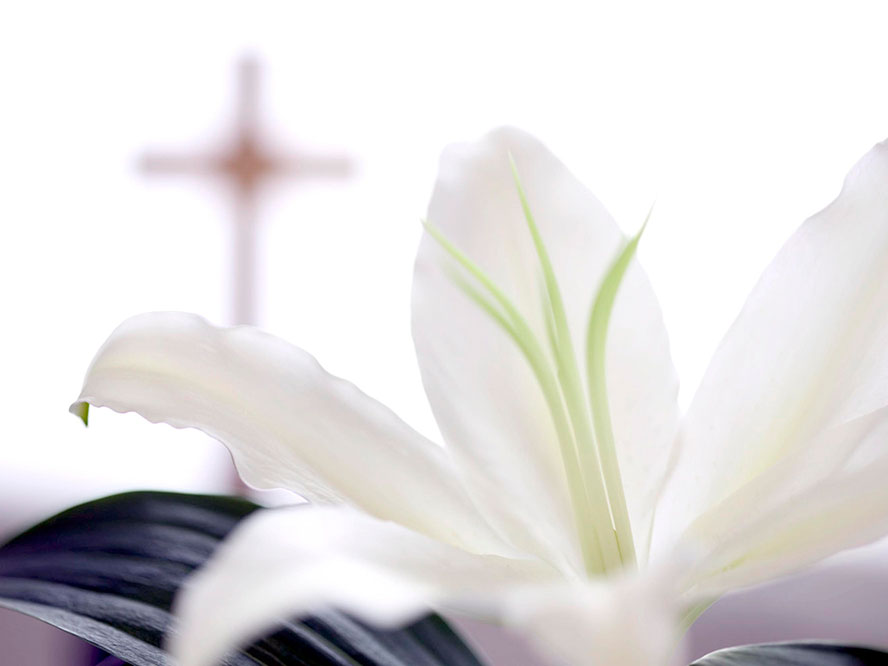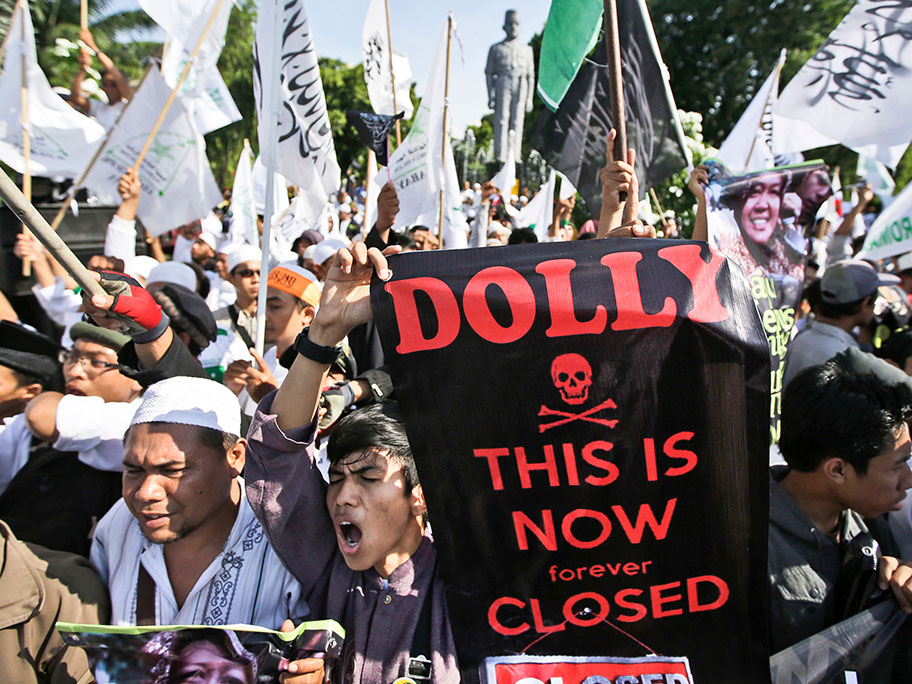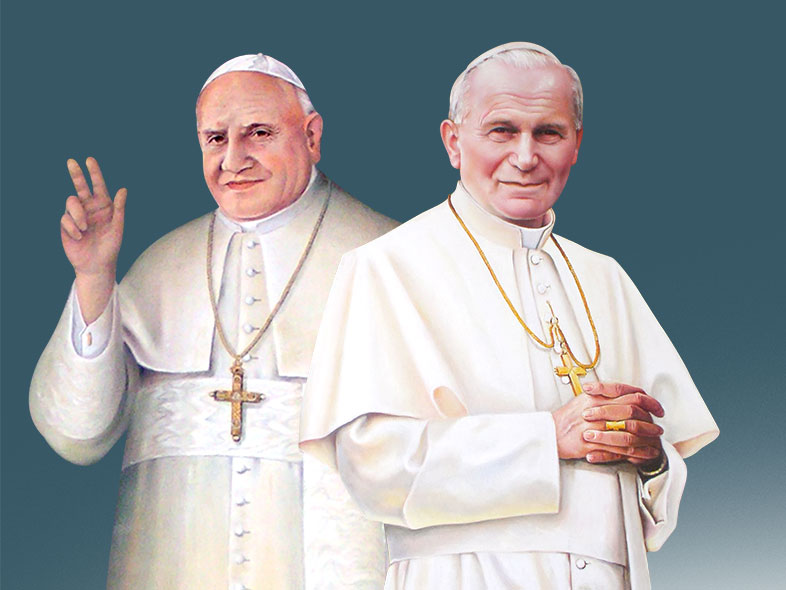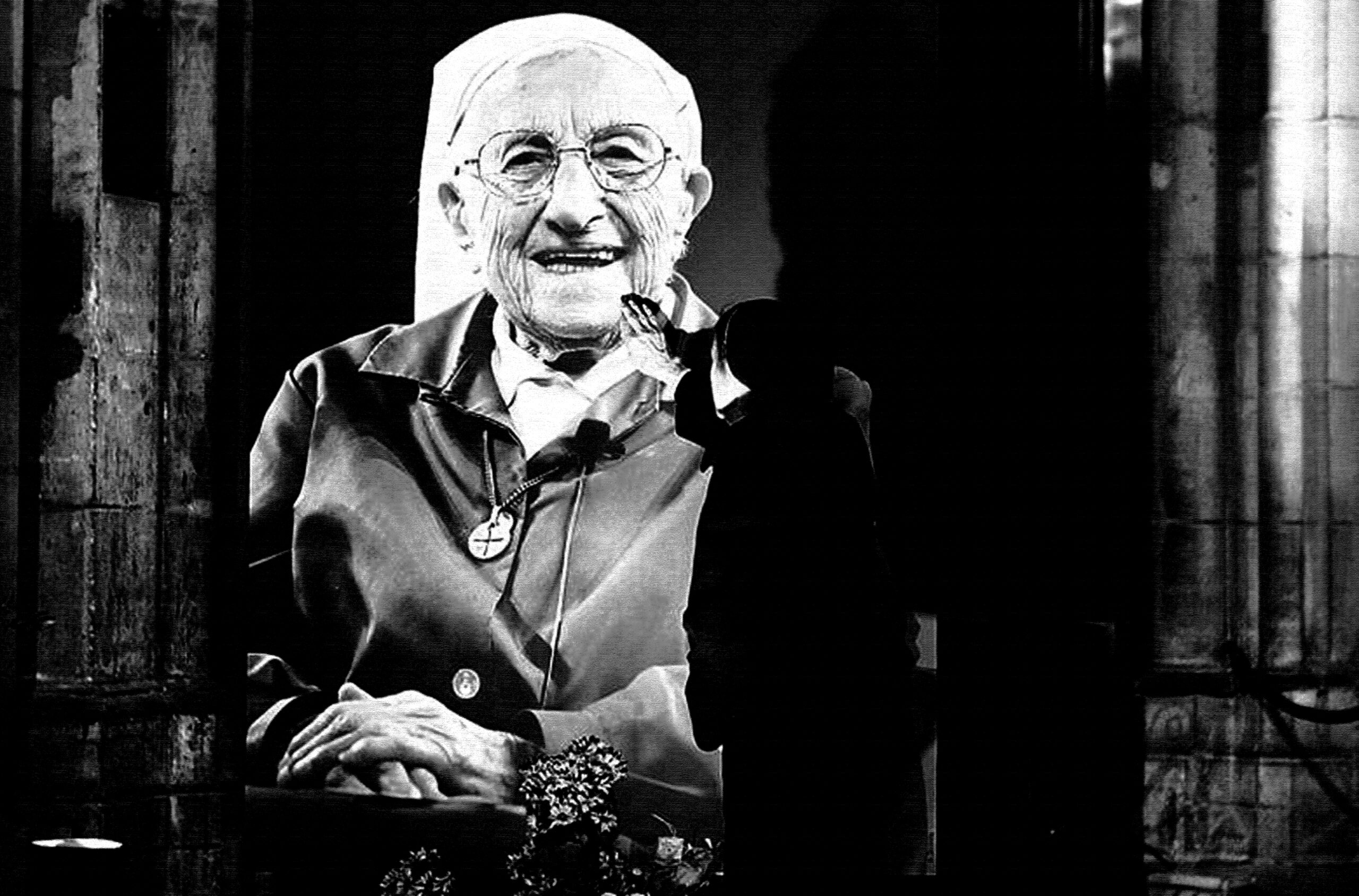In early November 1985, the dictator Ferdinand Marcos surprised everyone, including his close advisers, by declaring his willingness to hold a “snap” presidential election. In this way, he meant to take the opposition by surprise. The discontent in the Philippines against him had grown exponentially since the assassination of Senator Ninoy Aquino, the leader of the opposition. Confident that the opposition, fractured by deep ideological divisions, had no chance of winning, Marcos set the election for February 1986. A superstitious man, he picked the 7th, his lucky number, as the date.
With only three months to prepare, the elections afforded the opposition scant opportunity to coalesce around a single leader. Nevertheless, the anti-Marcos groups set aside differences and pledged support to Corazon Aquino, widow of the slain Marcos’ opponent. Because Aquino had no past political ambition or experience, Marcos scoffed at this housewife who “belonged in the bedroom.” His derision soon turned to alarm, when Corazon Aquino surprised the dictator by displaying rare political poise and drawing more crowds at election rallies.
Because the vote count by the government’s Commission on Elections (COMELEC) had become suspect, the National Movement for Free Elections (NAMFREL), formed by concerned citizens in 1953, took it upon itself to monitor polling places and to report the results as ballot boxes were opened publicly. In 1986, some 500,000 people volunteered for NAMFREL. Catholic station Radio Veritas advertised its intention to carry NAMFREL as well as COMELEC results round-the-clock, until a victor was declared.
MILITARY DEFECTION
On February 15, 1986, amid accusations of cheating by the opposition and skepticism by foreign, most notably American, political observers, the National Assembly declared Marcos the winner. Nevertheless, Radio Veritas continued its coverage of the NAMFREL count which showed Marcos losing.
On February 22, Radio Veritas broadcasted a press conference by Defense Minister Juan Ponce Enrile and Acting Military Chief of Staff Fidel Ramos. Enrile declared: “I believe that the mandate of the people does not belong to President Marcos’ regime. For a fact, there have been some anomalies committed in the election . . . . Personally, I believe that the President did not win this election.” Ramos earlier said, “I am with Minister Enrile.”
Manila Archbishop Jaime Cardinal Sin, speaking over Radio Veritas that night, urged the people to be calm and pray for a just and peaceful resolution to the crisis. He offered to mediate between the rebels and the President, but called on civilians to protect Camp Aguinaldo and Camp Crame, where Enrile and Ramos stood their ground with some 400 armed supporters. “I would be happy if you can show them solidarity and support,” Sin said.
His plea struck a positive chord in a nation tired of political assassinations, presidential corruption, fraudulent elections, and rule by decree. Within hours, thousands gathered outside the camp gates. By Sunday night, their numbers had grown to over a million, forming a human barricade that the soldiers and tanks sent by Marcos refused to attack.
THE MAMBO MAGSAYSAY TUNE
Journalist and broadcaster June Keithley was one of those who heeded Jaime Cardinal Sin’s appeal to defend the beleaguered anti-Marcos group. Instead of heading for the military headquarters or joining the growing crowd at EDSA, she went where her charism led her – to Radio Veritas. Not many entertainers are directed by their talent onto the largest stage conceivable: history itself. For an unforgettable four days in February 1986, Keithley became the voice of a people’s uprising, a peaceful revolution that inspired other opposition movements and stunned the world.
In a very volatile situation with potentially grave consequences for unarmed civilians caught between heavily equipped and highly-trained military factions, Fr. James Reuter, a Jesuit communications expert, realized it was vital to have a central source of information, a focus of coordination. He called on June Keithley, his protégé, to serve as that focus, that source.
At Radio Veritas, June worked with other anchors who gave continual updates, appeals and precautions. They also found the perfect soundtrack for a revolution-in-the-making: Mambo Magsaysay, the upbeat campaign jingle of the late President Ramon Magsaysay from three decades before. This was a crucial find. When the Veritas transmission tower was bombed by Marcos forces, the central source fell silent. Fr. Reuter eventually found an unused radio station (much nearer to Malacañang Palace than where the Radio Veritas station was, and, therefore, was more at risk), and asked June to anchor the broadcast.
In a later interview, June recounted her exchange with Fr. Reuter: how he asked her, how she could not say no, how he made a joke about the possibility of being discovered by Marcos forces, and being killed in the process. When Radyo Bandido, as it was called, went on the air, it was Keithley’s voice, and especially her repeated playing of Mambo Magsaysay, that convinced people that the new, unknown station was legitimate, the real voice of the revolution. For several hours, it was just Keithley and a couple of intrepid students who staffed the station. In time, a long line of nuns and civilians arrived in the station to serve as June’s bodyguards.
THE FIELD MARSHAL
In the twilight of the Marcos regime, a voice was heard across the land. It was a shrill voice of a girl over the radio, telling the people a catalogue of anomalies which occured during the February 1986 snap election called by President Marcos to validate his 19-year rule. “It was perhaps because of my voice – that shrill voice that people thought was that of a little girl’s – that people took notice,” June Keithley said in an interview with Gabriel Mercado for the book “Heroes,” recalling her two-week stint as radio broadcaster during the EDSA revolt. “They might have been wondering, ‘Who is that little girl who is actually telling the truth?’”
She was afraid her voice would irritate people listening to the radio. What really made the difference was that while the male broadcasters then were talking of electoral anomalies in general, this woman was relating in full detail a catalogue of ballot-box-snatchings, voter intimidation, and disenfranchisement. And in the national turmoil that followed, the girl’s voice rallied radio listeners to help in toppling the dictatorship.
Fidel Ramos gave a grateful account of June Keithley’s role: “We needed to reinforce our military forces. This is why our call to the people to come and support us was very constant. And we were able to do this through June Keithley and the radio broadcasting crews of Radio Veritas who were on the job, calling on the people. This was the first time in military history, anywhere in the world, when private broadcast media, run by concerned citizens, was used to transmit or relay military orders or directives to military units in the field.” This extraordinary work continued and culminated with the Radyo Bandido guerilla operation. Ramos famously called Keithley “the field marshal of the EDSA revolution.”
But it was not just military forces defecting from the Marcos military who heeded June’s voice. By the second day, the character of the revolution-in-the-making had changed dramatically. It was no longer a military project; instead, it had become People Power.
THE EPIPHANY OF JUNE’S FAITH
June Keithley was born on March 10, 1947 in Manila to a Cebuano mother and an American father. She studied at St. Paul College, where she was mentored by Fr. Reuter. While growing up, June found her being half-American somewhat a disadvantage, so she immersed herself in reading Nick Joaquin’s stories and essays on Filipino culture. She married broadcaster Angelo Castro, Jr., and the couple had three children: Diego, Angelica and Gabriela. She became a TV personality, but it was when she appeared in Lino Brocka’s movie Lunes, Martes … that disbelieving viewers were surprised to find that she could act, delivering arguably the most poignant piece of acting in that all-star ensemble.
Epiphany in her Catholic faith came for June in late 1985. Invited to lead the prayer at Rizal Park’s Quirino Grandstand for the consecration of the nation to the Blessed Virgin Mary, her 10-year-old son Diego asked her to go with him. No longer a churchgoer at that time, she was foot-dragging, until she conceded. At home that night, she couldn’t stop crying, and night after night thereon. She realized it was the reawakening of her faith. It was little after her religious awakening that she was called to be involved in a unique way in EDSA Revolution.
During the administration of Corazon Aquino, June was conferred the Philippine Legion of Honor, becoming a reservist in the Armed Forces of the Philippines with the rank of general. During this time, she was hosting a religious program called “The Woman Clothed with the Sun” and in the following years, she got involved in pilgrimages in honor of the Virgin Mary. Her books chronicled the experience of Marian devotees and visionaries.
THE LAST BATTLE
In 2009, June was diagnosed with breast cancer and was told she had three years to live. Her husband, broadcast journalist Angelo Castro Jr. was later diagnosed with lung cancer. There was even a time when the two were staying in the hospital at the same time, just across the hall from each other. As she continued to undergo treatment for her cancer, she said that it was the love and care of her family, friends, and doctors that saw her through each day. And her faith and eagerness to serve the Lord grew even stronger.
In 2013, during the 27th year commemoration of the EDSA People Power Revolution, she mustered enough strength to be present and receive the “Spirit of EDSA” award together with Fr. Reuter, who, however, had died the year before.
A few months later, on November 24, 2013, she died at age 66 at St. Luke’s Medical Center, Global City, Metro Manila. On learning of the passing of June Keithley-Castro, Malacañang Palace issued a statement expressing sadness: “June Keithley-Castro’s battle with cancer is at an end. To her last breath she exemplified courage and faith. Her courage enabled her to confront her illness, but also that of her husband, Angelo Castro Jr., whose death we all mourned in 2012, with dignity and the kind of serenity that can only come from an uncompromising faith in the goodness of God and trust in His plan for all things.”
“From the moment she played the Mambo Magsaysay on air in February 1986, to the moment when, a quarter of a century later, she was honored at the EDSA Commemoration, June Keithley-Castro’s courage and faith sustained her as a voice that would not be silenced. Because hers was a voice joyously secure in her faith: the very characteristics that will always make her more than just an unforgettable figure in our democratic history – they make her a human being who speaks to all of us for all time on the eternal truths that sustain men and nations.”
Her remains were brought to St. Ignatius of Loyola Cathedral in Camp Aguinaldo, Quezon City. Actor Gabe Mercado, who had assisted her at Radyo Bandido together with his brother, expressed sadness over her death and paid tribute to her: “Tita June was the voice and the face of EDSA. To her last breath, she exemplified courage and faith. Fr. Reuter was her backbone and her strength. We lost both of them in the span of a year.”

